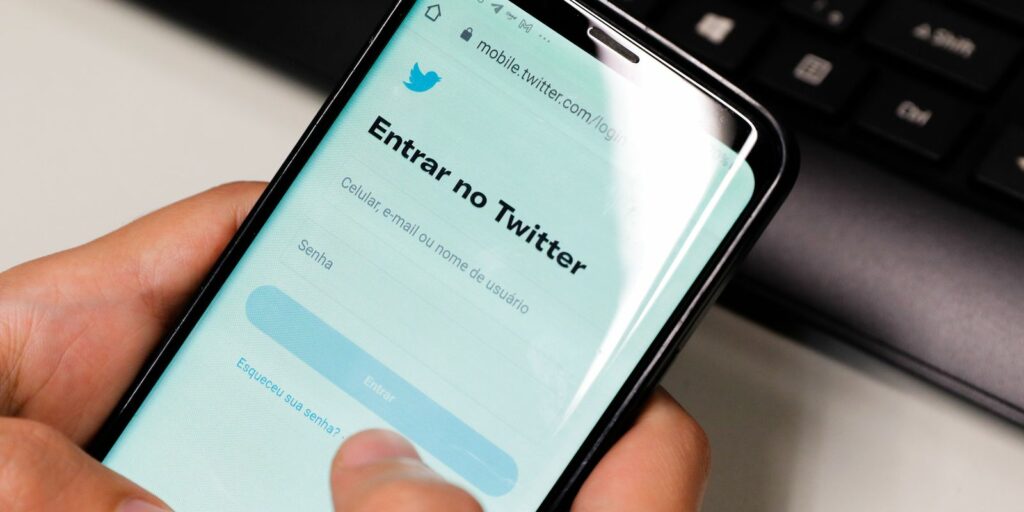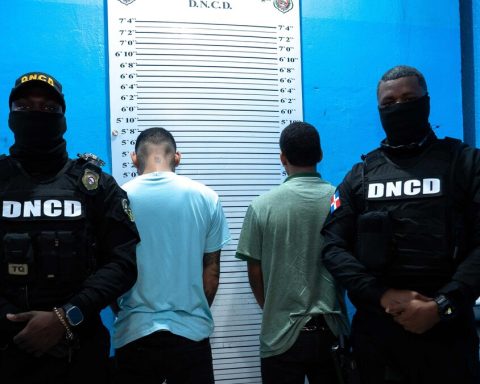The Ministry of Labor clarified which items can request their clients to pay tips, all this after the number of services that request said extra gratuity increased.
The message was delivered through the Twitter account @trabejita, an educational medium belonging to the aforementioned ministry, which is in charge of disseminating user doubts through social networks.
There they warned that “it is becoming customary in some areas to ask for tips for services that should include attention within the price.”
“Who can request a tip? Art. 64 of the Labor Code indicates that the waiters of restaurants, cafes and the like can do it” they pointed out from the portfolio.
What article 64 says
The regulations establish that “in establishments that serve the public through waiters, such as restaurants, pubs, bars, cafeterias, discos, inns and the like, the employer must suggest, in each consumption account, the amount corresponding to a tip of a at least 10% of the same, which must be paid by the customer, unless the customer expresses his will to the contrary.
It also adds that “the workers will have the right to receive all those sums that the clients of said establishments give as tips, either directly and in cash to the worker, as well as at their choice through the accepted means of payment. by the employer, such as credit cards, debit cards, checks or other credit instruments”.
Likewise, “the employer will not be able to dispose of them, he must deliver them in full to the workers and he will not be able to make discounts of any kind on them. He will not be able to distribute the tips either, a power that only falls on the workers who receive them from the client, which will be understood as their property “.
Regarding payments with credit cards, “the employer must settle and pay said amounts on the date agreed with their workers, a period that may not exceed seven business days from when they were received from the client. In these cases, the employer must give the worker a copy of the voucher or receipt stating the total amount paid and the value of the service or product purchased.
If they are not paid in cash, the regulations indicate that “the terms contained in the previous paragraph may exceptionally be extended when, as a result of the geographical isolation of the area in which the establishment is located, together with the lack of electronic means of payment, there is no it is possible to deliver the tips in the established time”.

















